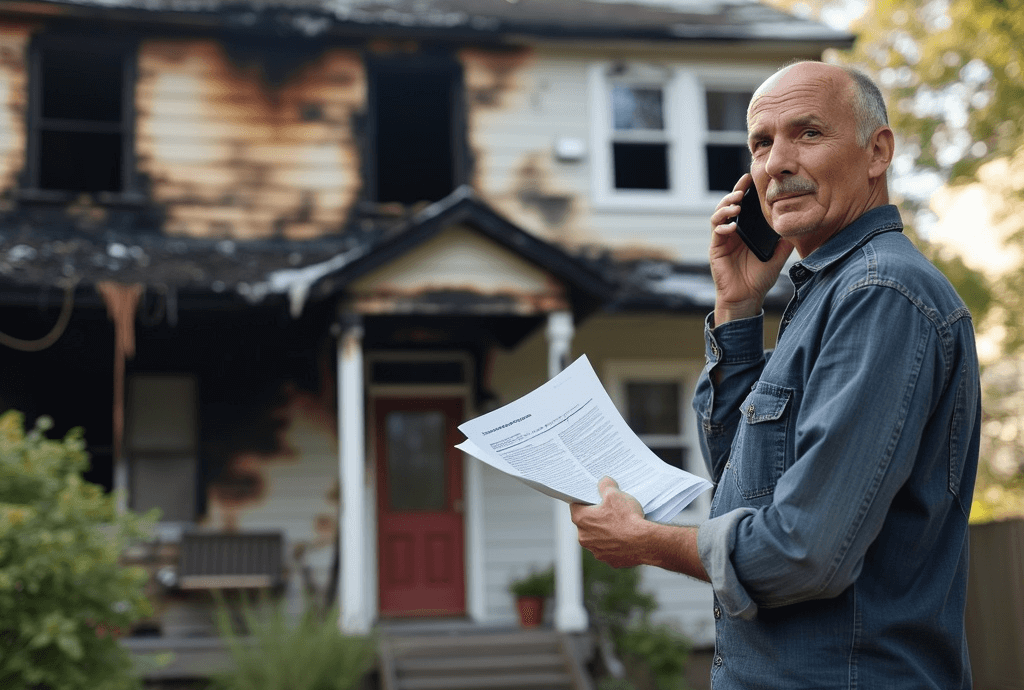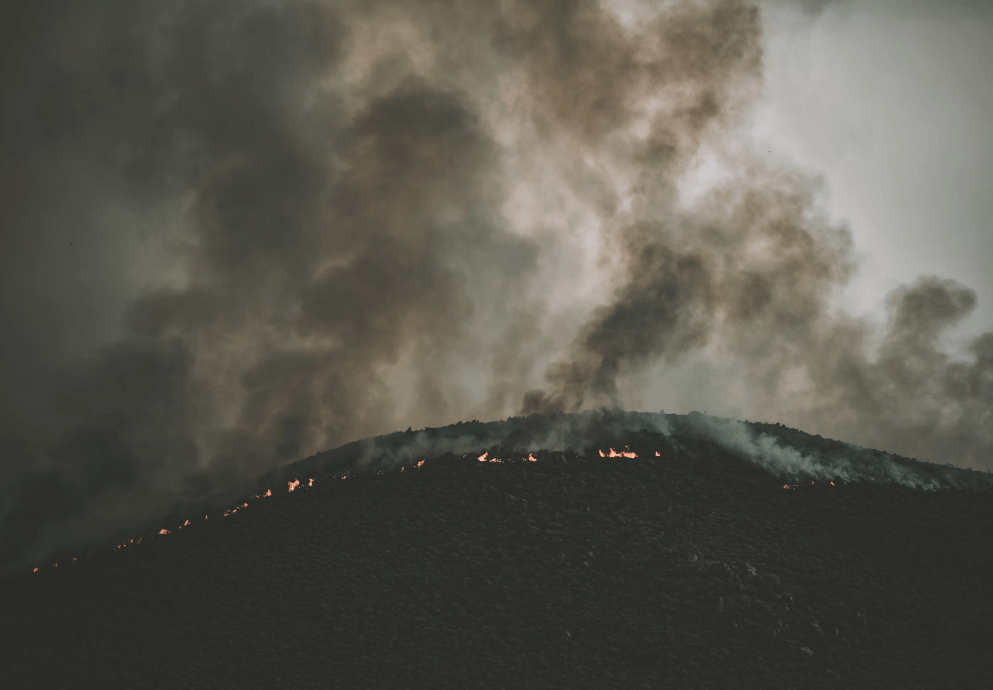Rebuilding after a fire is a daunting task, especially when faced with the complex regulations specific to Los Angeles County. Navigating these rules is crucial to ensure a smooth rebuilding process and to avoid potential legal issues down the line. This guide aims to help you understand the key rebuilding regulations in Los Angeles County so you can move forward confidently and compliantly.
Before any reconstruction begins, obtaining the necessary permits from the Los Angeles County Department of Public Works is essential. Building permits are required for any structural work, including repairs and new construction, to ensure your plans comply with local building codes. If your rebuilding involves significant soil movement or alterations to the land’s contour, you will need grading permits. Additionally, special approvals may be necessary if your property is in a specialized zone, such as a coastal area or hillside.
Los Angeles County has specific building codes designed to promote safety and sustainability. Regulations may require the use of fire-resistant building materials to reduce future fire risks. Compliance with California’s Title 24 energy standards is mandatory, promoting energy-efficient construction practices. Buildings must also meet current earthquake safety codes to withstand seismic activity common in the region.
Understanding zoning laws is essential to ensure your rebuilding plans align with local land-use policies. Zoning laws dictate how the land can be used, affecting residential, commercial, or mixed-use developments. Regulations may specify setback requirements, which are distances your building must be set back from property lines, streets, or other structures. There are often limits on how tall or large a building can be, depending on the zone.
Environmental considerations play a significant role in the rebuilding process. You may need to submit an Environmental Impact Report (EIR) if your project could significantly affect the environment. Construction may be restricted in areas that are habitats for protected flora and fauna. Regulations also require proper management of water runoff to prevent erosion and water pollution.
For properties located in designated wildfire hazard zones, additional regulations apply. You must maintain a certain amount of defensible space around structures to reduce fire risk. Strict guidelines on landscaping minimize flammable vegetation near your home, and regulations may require adequate road access for emergency vehicles.
If your property has historical or cultural significance, additional rules are in place. Rebuilding must maintain the historical integrity of the original structure, and you may need consent from local historical organizations before making changes.
Utilities must be reconnected according to current standards. Electrical systems must meet the latest safety codes, which may differ from when your home was originally built. Compliance with modern plumbing codes is mandatory for water and sewage systems, and proper inspection and approval are required before gas lines are reconnected.
Regulations can impact your insurance claims and rebuilding costs. Check if your insurance policy includes code upgrade coverage to help cover the cost of meeting new building codes. Proper permits and compliance can facilitate smoother insurance payouts, so maintaining thorough documentation is crucial.
Navigating these regulations is complex, and professional assistance is invaluable. Architects and engineers can help design plans that comply with all codes and regulations. Licensed contractors are familiar with local requirements and can manage the permitting process. Legal advisors can provide guidance on legal obligations and rights, ensuring you are fully informed throughout the rebuilding process.
Take advantage of resources offered by Los Angeles County. The county often hosts rebuilding workshops to help residents understand the rebuilding process, and county officials can provide guidance specific to your situation.
Rebuilding in Los Angeles County requires careful attention to a variety of regulations aimed at ensuring safety, sustainability, and community well-being. While the process may seem overwhelming, understanding these regulations is the first step toward successfully restoring your home. At Hope Street Partners, we’re here to help you navigate these complexities. Our team has the expertise to guide you through every regulation and requirement, making your rebuilding journey as smooth as possible. Explore our services to find out how we can support you in rebuilding your home and your life.



